Partners
Seven partners from 6 European countries make up the FoTRRIS consortium.
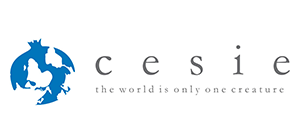
website: www.cesie.org
CESIE is a European Centre of Studies and Initiatives, centre for the development of cultural, recreational, social, educational, economical, research initiatives, without lucrative purposes.
It was founded in 2001 based on experiences of their inspirer, sociologist Danilo Dolci. CESIE contributes, through the active participation of people, civic society and institutions, towards the promotion of growth and development, always valuing diversity. It links local, national and international contexts and is committed to stimulating development and change in cultural, educational and economic spheres through the creation and use of innovative tools and methods.
Founded in 2001, ERRIN is a Brussels-based platform of Research and Innovation Organisations and Stakeholders in Regions. ERRIN aims to strengthen regional Research and Innovation capacities by exchanging information, sharing best practice, supporting European project development, policy shaping and profile raising by working together with a partnership approach. ERRIN helps regions get their voice heard in Brussels!
Through its thirteen thematic Working Groups, ERRIN facilitates contacts between regional offices and regions so that they can enhance their knowledge of European policy in Research and Innovation and develop strategic European projects to strengthen regional competitiveness.
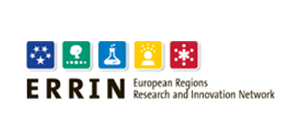
website: www.errin.eu
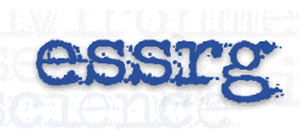
website: www.essrg.hu
ESSRG Ltd. is a small research and development enterprise (R&D SME), a company working on the boundaries of environmental and social sciences practised in a transdisciplinary approach. ESSRG aims to develop social science research methods in connection with environmental sciences. Fellows of ESSRG have their professional roots in various disciplines ranging from agri-environmental engineering through ecological economics to rural and environmental sociology.
They are active in different global and European scientific networks, particularly the International and European Societies for Ecological Economics (Hungarian contact point), the Environment & Society Research Network of the European Sociological Association (participating in the scientific board)
LGI is a French, innovation-driven consultancy, founded in 2005, focused on value creation. The company has a positioning in high-tech and innovative sectors: energy and energy efficiency, smart transports and smart cities, security, environment, health.
At the heart of LGI’s expertise: the Optimisation of innovation processes, helping innovation managers answer basic questions such as when to lead innovation and when to follow it – Financing of innovation – Business model creation and business planning – Strategic studies such as insights in markets and stakeholders, in-depth techno-economic analysis – Open innovation platform.
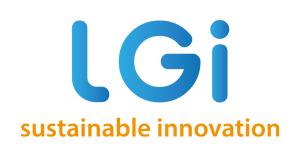
website: www.lgi-consulting.com
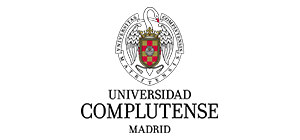
website:
http://grasia.fdi.ucm.es
The GRASIA research group at UCM, founded in 1998, is a group of researchers that pursues social-aware research and innovation. They look to establish new bonds between researchers and society, through a continuous dialogue in order to discover together the relevant challenges for our world and creative ways to address them. With this purpose, it has set up a multi-disciplinary team of researchers who work on these needs by integrating perspectives from Artificial Intelligence, Multi-Agent Systems, Big Data, Online Communities, Sociology, Communication for Development, and Gender Studies.
The group has developed several open source tools and nowadays leads the development of a collaborative distributed web-tool, Teem, within the FP7 P2Pvalue project. These tools are being applied in domains such as sustainable development (water resources management, regional strategies for disaster prevention), sociology (social relationship simulation), economics (double-auction markets), organisational science (work team formation), ambient assisted living (for people with Parkinson), and environmental science (ecosystem surveillance).
VITO (Flemish Institute for Technological Research) is a leading European independent research and consultancy centre in the areas of cleantech and sustainable development, elaborating solutions for the large societal challenges of today. Sustainable chemistry, energy, health, materials management and land use: these are the five topics VITO focuses on. These topics have been set out in five research programmes. They offer an answer to the challenges that mankind and society are confronted with today and in the future. Each programme builds up a strong base of knowledge and skills, with added value for industry and society. The result is new and innovative research and a comprehensive range of scientific services.
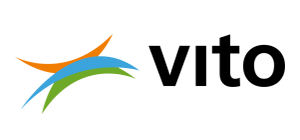
website: vito.be/nl
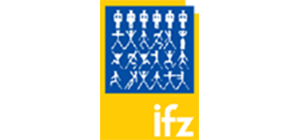
website: www.sts.aau.at
The IFZ – Inter-University Research Centre for Technology, Work and Culture is associated to the STS – Institute of Science, Technology and Society Studies (Faculty for Interdisciplinary Studies) at the Alpen-Adria Universität Klagenfurt | Wien | Graz. Working within the critical areas of debate between science and policy, reflection and intervention, the prime objective of IFZ is to contribute to socially and environmentally sound, sustainable and gender-equitable technology design and sustainable development.

